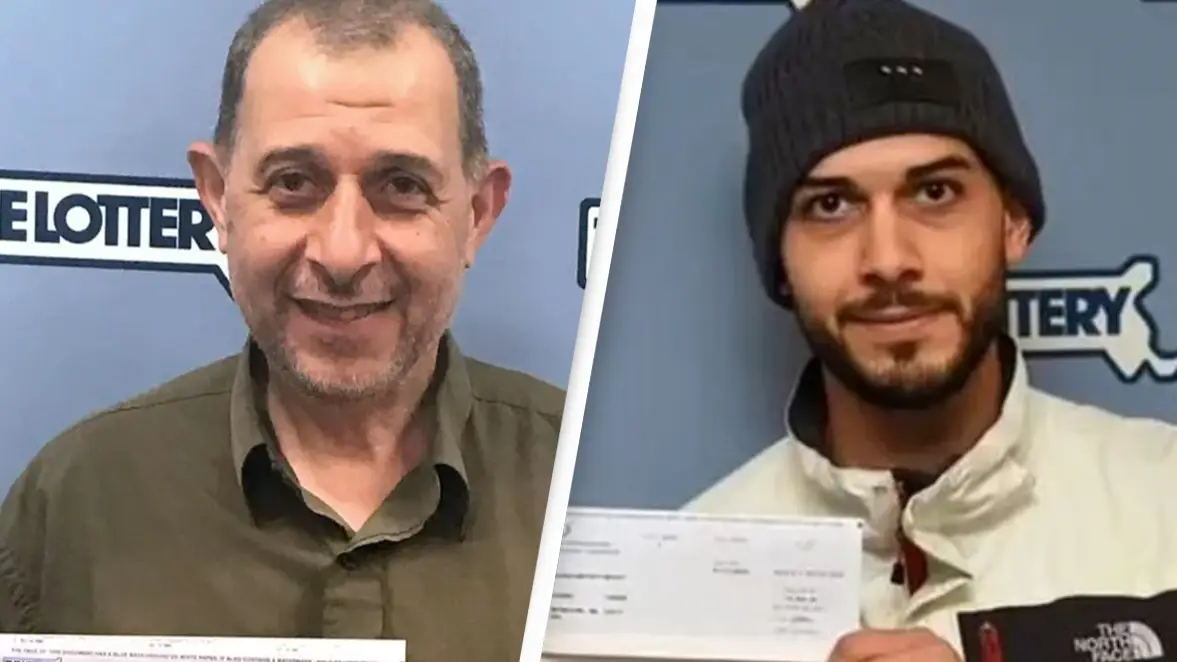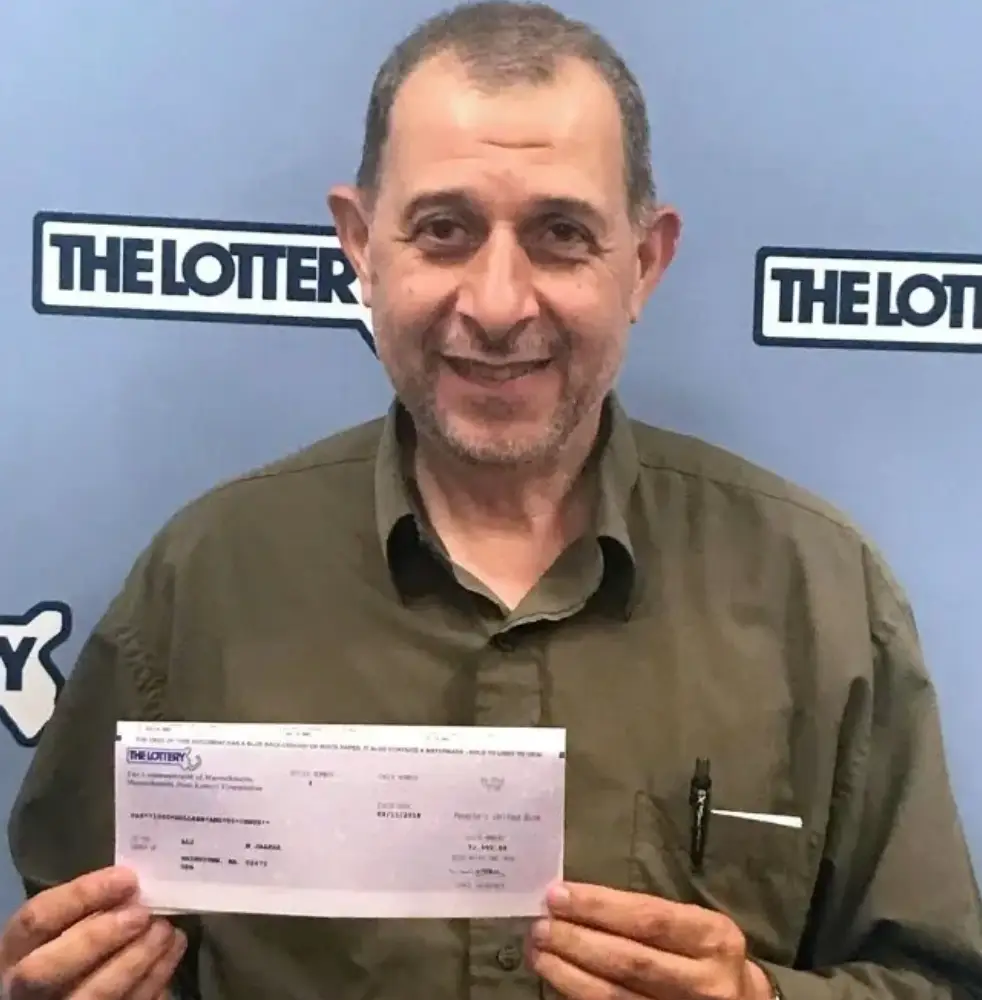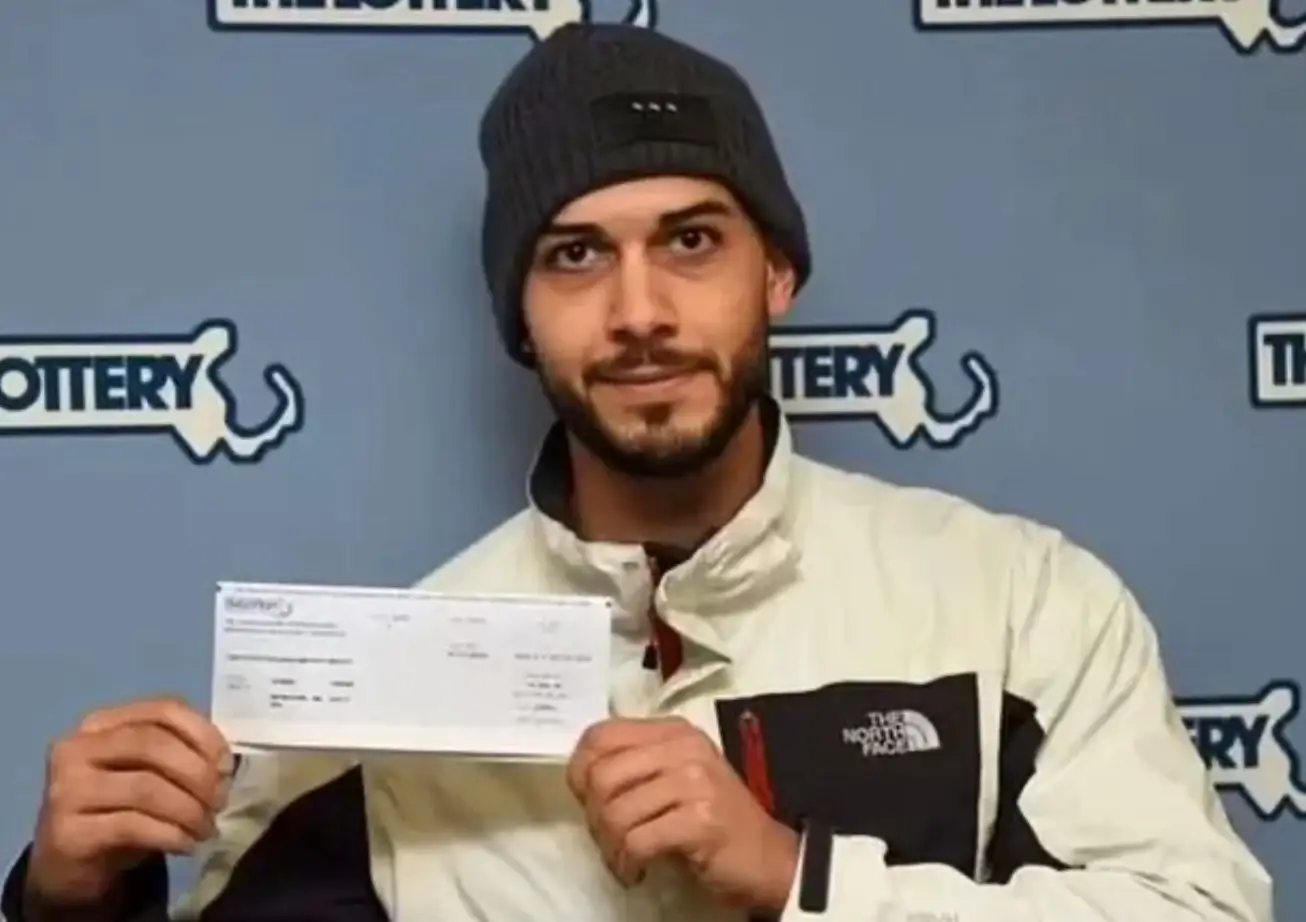
A new lottery law has been introduced after a father son duo scammed the Massachusetts Lottery at a cost of $1.8 million.
Ali Jaafar, 63, and his son Yousef Jaafar, 29, have since been sentenced to five and four years in jail respectively, after their fraud was uncovered.
The pair orchestrated a craft scheme known as 'ten-percenter', where winning tickets are illegally sold at a discounted price to avoid paying tax.
Advert
CBS Boston reported at the time that the pair - alongside another son, Mohammed - were accused of working with legitimate winners of the lottery.
Mohammed has since been jailed for six months after pleading guilty.
They would buy the winnings at ten to 20 percent of the actual value then file false tax returns.
This renaissance lasted over a long period, with the family cashing in more than 14,000 lottery tickets in that time.
That equated to over $20.9 million in non-reported tax returns, leading to $6 million in federal tax losses, as per the Attorney's Office.
The Jaafars have since been ordered by the court to repay $6 million, while also forfeiting any profits from the scheme.
Court documents state that Yousef claimed more than 500 prizes, including one for $100,000.

Joleen Simpson, Special Agent in Charge of the Internal Revenue Service’s Criminal Investigations in Boston, said: "Instead of using business savvy and skill to build a legitimate multi-generational family business, the Jaafars carried out a complex decade-long tax and lottery scam, building a vast network of coconspirators to further their illegal activities.
"Tax violations have been erroneously referred to as victimless crimes, but it's the honest law-abiding citizen who is harmed when someone tries to manipulate our nation's tax system."
The state introduced a new set of policies back in 2017 in the hope to crack down on such scams.
Focusing on people who rack up huge lottery winners, the policy allows officials to investigate anyone who wins 20 or more lottery prizes of $1,000 in a single year.

If winnings are found to be 'factually or statistically improbable', lottery officials can freeze payments being made into bank accounts.
Former Massachusetts Executive Director Michael Sweeney said at the time: "Implementing this policy is a major step forward in addressing potential issues of money laundering and other illegal activities and the potential avoidance of outstanding child support liabilities, and taxes and fees owed to the Commonwealth."
